- Weekly Highlights from Arakan State (Jan 26 to Feb 1, 2026)
- Arakanese youth stabbed in Mae Sot urgently needs financial aid for medical treatment
- Five years on Myanmar faces uncertain military and political outlook after coup
- Myanmar Navy detains Pauktaw fishermen and demands ransom
- Junta Airstrikes on Arakan and the Consequences for Independent Media
Consent still a major question hanging over return of Muslim refugees in Bangladesh
Ko Karmal, who is sheltering at the Kutupalong refugee camp in Bangladesh, said Muslim refugees like himself cannot return to Myanmar without security assurances.
19 Feb 2023
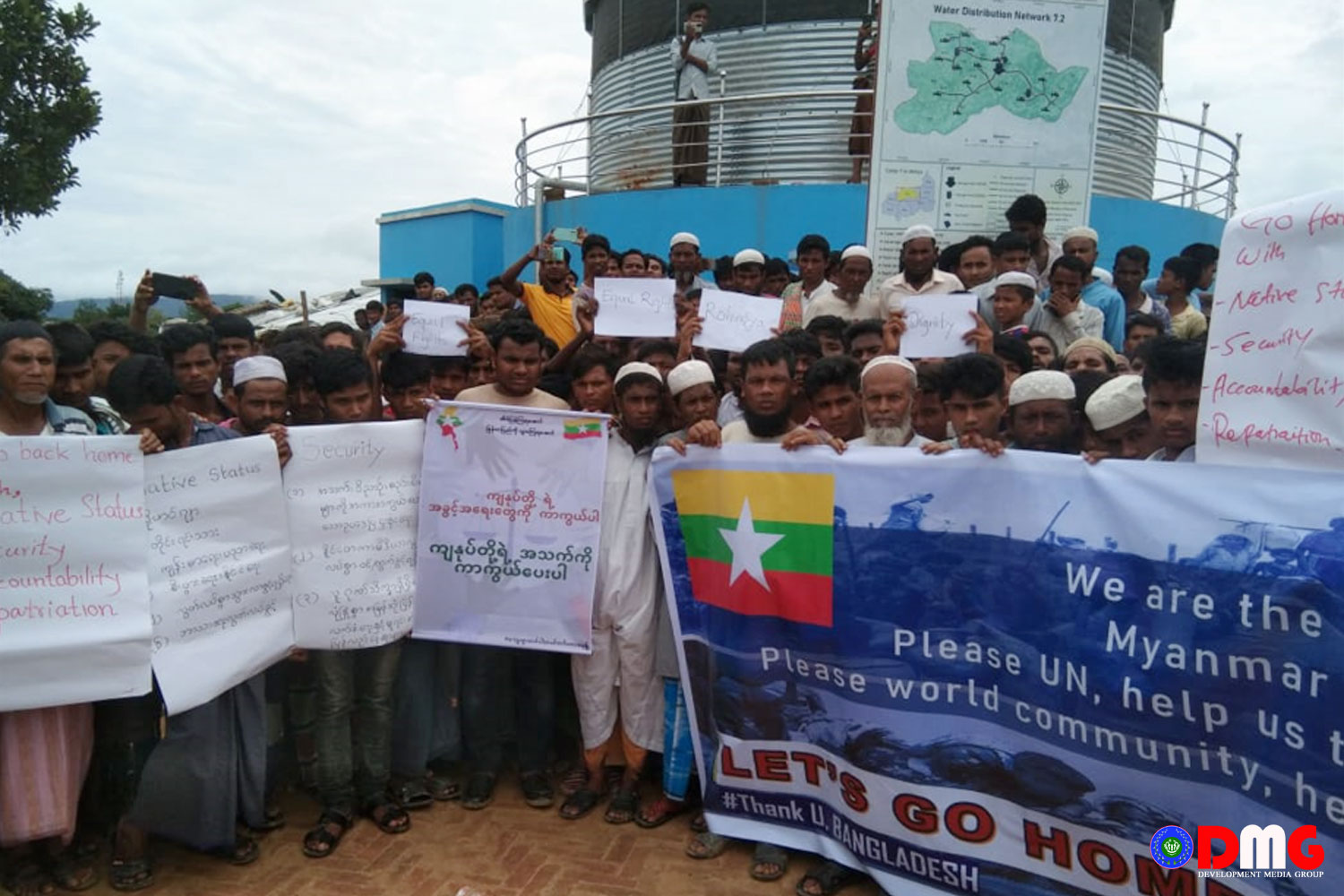
DMG Newsroom
19 February 2023, Maungdaw
Following a visit to so-called reception centres by junta officials presumably aimed at showing that Myanmar’s military regime plans to move forward with the repatriation of Muslim refugees who fled Arakan State amid brutal military crackdowns in 2016 and 2017, the willingness of those would-be returnees to make the move remains very much in doubt.
Ko Karmal, who is sheltering at the Kutupalong refugee camp in Bangladesh, said Muslim refugees like himself cannot return to Myanmar without security assurances.
“We have told the military regime that we will return if there is life insurance for us. We cannot return home without life insurance,” he told DMG.
Regarding the issue of Muslim repatriation, a group consisting of the junta-appointed Minister for International Cooperation U Ko Ko Hlaing, Minister of Border Affairs Lt-Gen Tun Tun Naung, Minister of Social Welfare, Relief and Resettlement Daw Thet Thet Khaing visited refugee reception centres in Taungpyo Letwe, Ngakhuya and Ngakhuya in northern Maungdaw on January 7.
U Maung Ohn, an ex-legislator, questioned the sincerity of intent behind the junta ministers’ visit to the reception centres.
“There are not enough houses in the reception centres. The junta ministers’ visit to the reception centres was a pretence for Muslim repatriation. I don’t think it is possible at this time to accept the Muslims returnees,” the former lawmaker added.
Saw Yod Alam, who is sheltering at the Kutupalong refugee camp in Bangladesh, said that even if the Muslims return, they do not want to live at the reception centres built by the military regime.
“If we are repatriated, we must be allowed to become Myanmar citizens. We cannot stay in reception centres. There are places where our ancestors lived. Only if they allow us to live there again will we be able to return home,” he said.
The National League for Democracy (NLD) government led by Daw Aung San Suu Kyi made multiple abortive attempts to repatriate Muslims from Bangladesh during its five-year term from 2016-2021.
More than 700,000 Muslims fled to neighbouring Bangladesh when the Myanmar military carried out “clearance operations” following the Arakan Rohingya Salvation Army’s attacks on several police outposts in 2017.
The United Nations’ human rights chief at the time described the military’s actions as a “textbook example of ethnic cleansing,” while others in the international community have called it genocide, including Bangladesh’s former foreign minister and the US secretary of state.




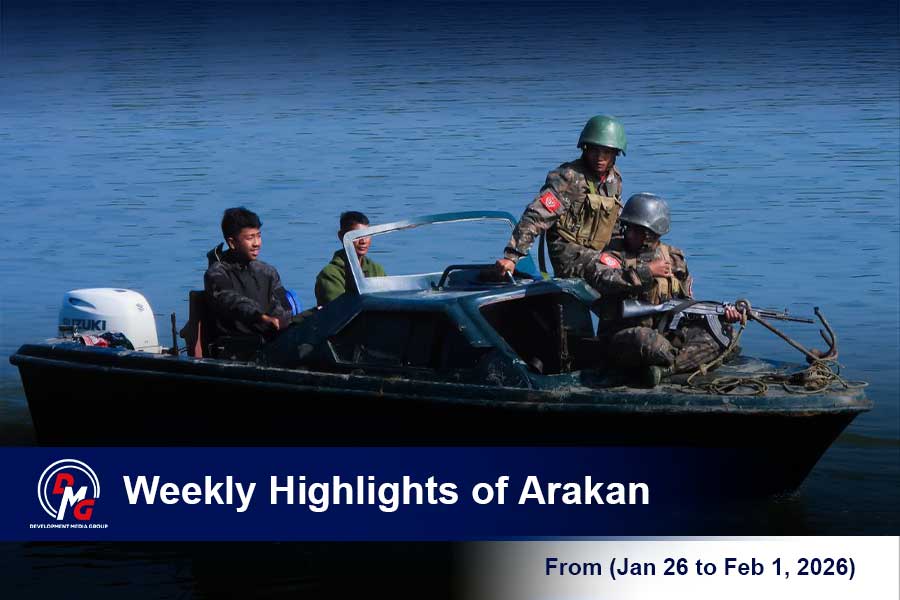
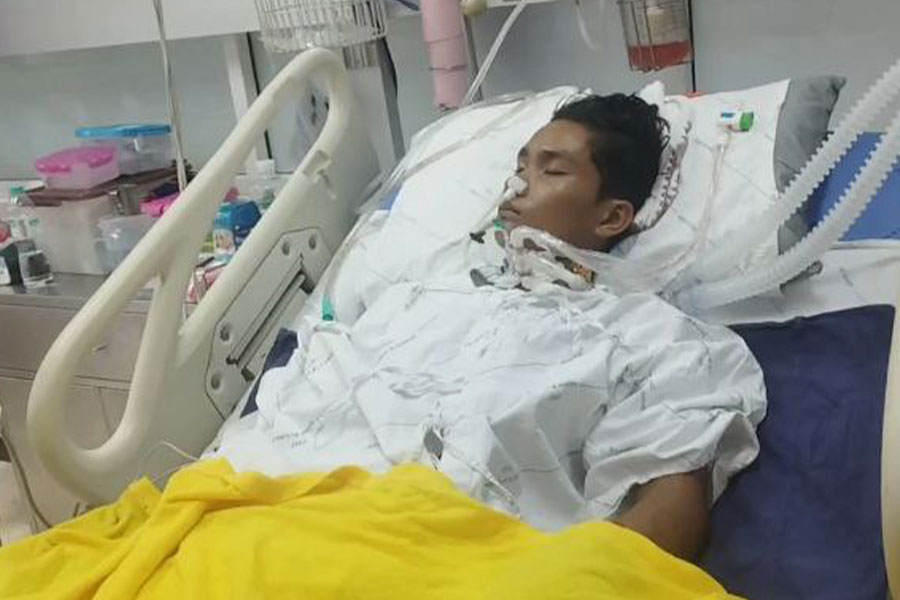
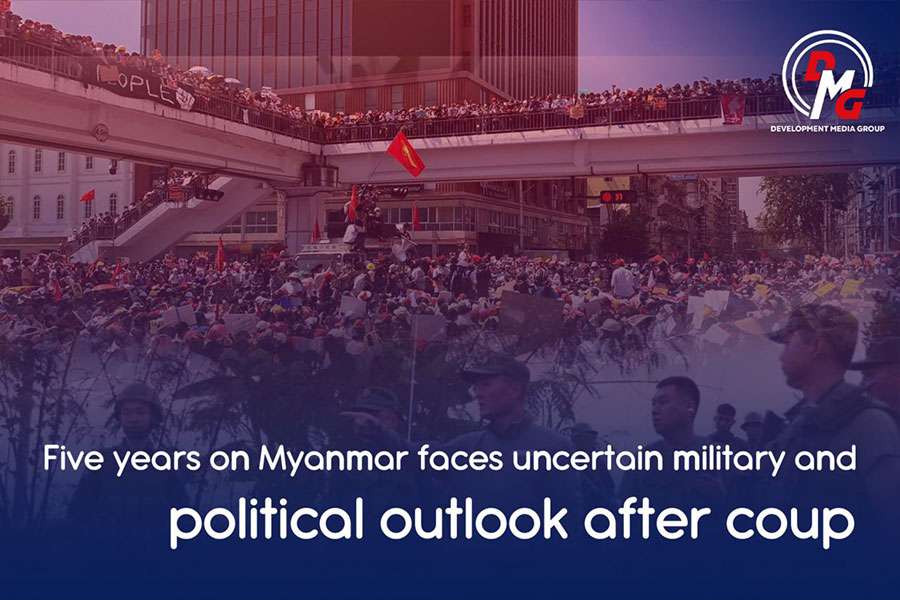
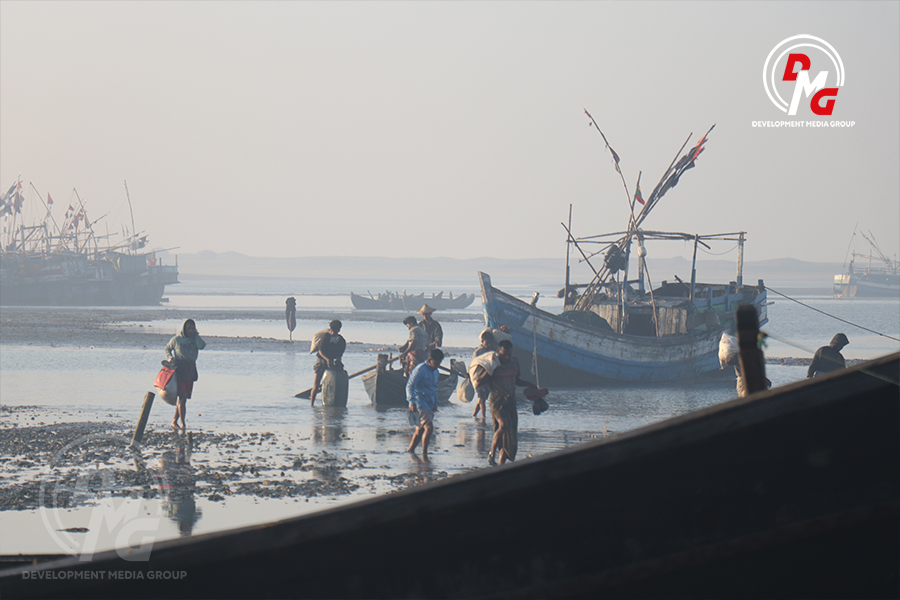
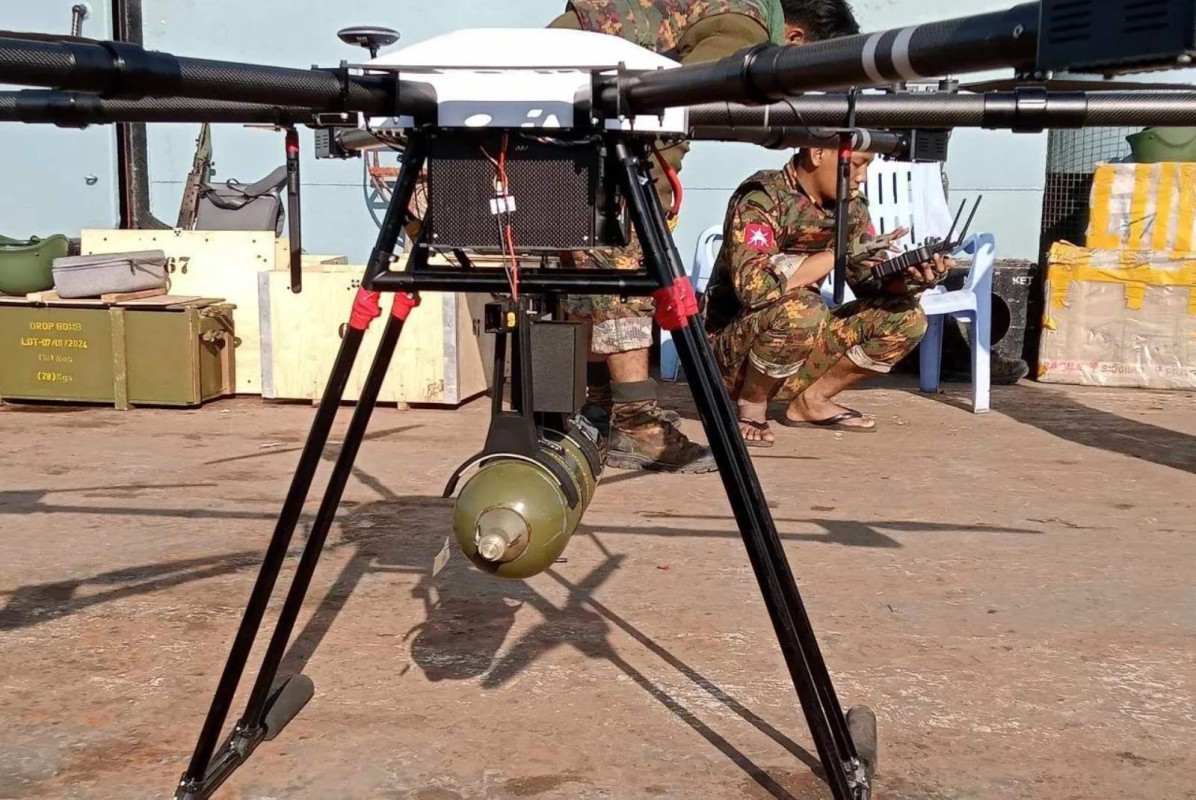






.jpg)

